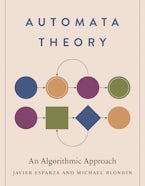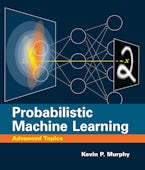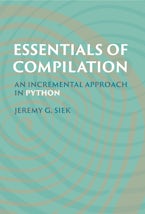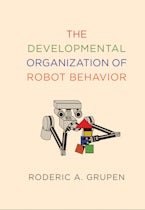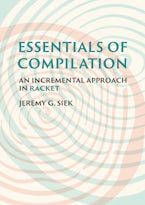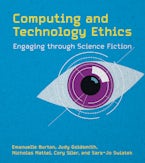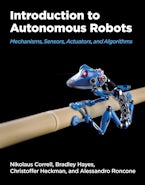Computational Models of Games describes a model of two person games - called a probabilistic game automaton - that unifies other important models that have been developed to reflect the game-like properties of computational problems.
Modeling games provides a deeper understanding of computational models in general. Researchers in artificial intelligence have looked to chess as a model of thinking that can be automated while those in distributed computing and cryptography need models that reflect the competitive nature of distributed and cryptographic protocols. Computational Models of Games describes a model of two person games - called a probabilistic game automaton - that unifies other important models that have been developed to reflect the game-like properties of computational problems. It also covers interesting models of games not previously studied (introducing games against unknown nature, for example) and proves new results on time bounded game automata, space bounded game automata with complete information, and space bounded game automata with partial information. By incorporating the three important features of randomness, secrecy, and limited power for the players, the probabilistic game automaton models in a natural way many problems that computer scientists confront and provides insight into their complexity. It generalizes computational models such as the alternating Turing machines of Chandra, Kozen, and Stockmeyer, Papadimitriou's games against nature, the Arthur-Merlin games of Babai, and the interactive proof systems of Goldwasser, Micali, and Rackoff.
Computational Models of Games is a 1988 ACM Distinguished Dissertation



